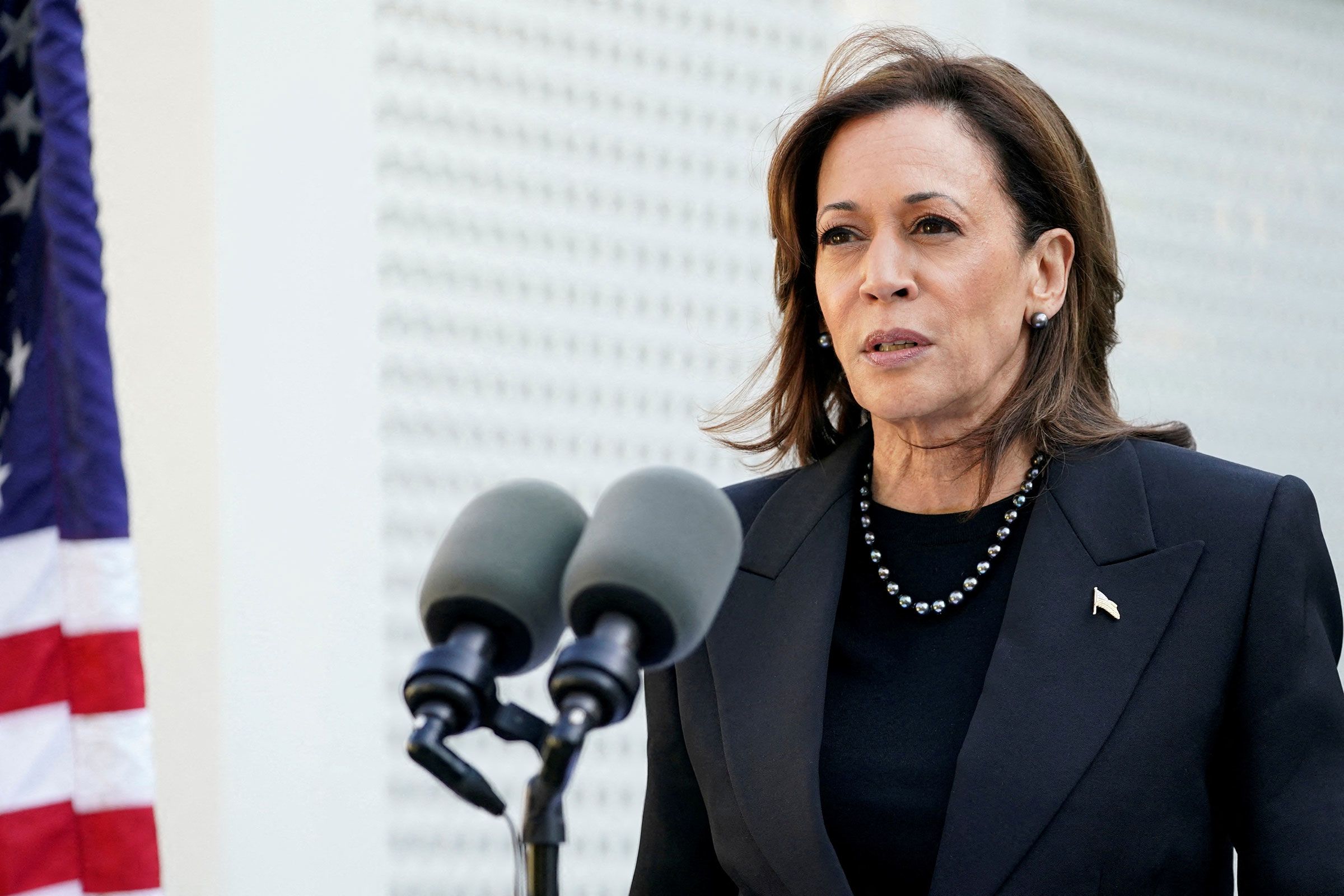WORLD NEWS
Republicans Challenge 2024 Election Integrity with Over 130 Lawsuits Amidst Tight Race Against Kamala Harris

As the countdown to the November 5 U.S. presidential election continues, Republicans and their allies are preparing a series of legal challenges aimed at contesting potential losses. With over 130 lawsuits filed across various states, the GOP asserts these actions are necessary to ensure the legitimacy of the election process. Meanwhile, Democratic presidential candidate Kamala Harris emphasizes the integrity of the 2020 election, which she claims was free, fair, and secure.
In the lead-up to the election, the tight race between Vice President Harris and former President Donald Trump has become a focal point, especially in the seven swing states that hold a combined total of 94 Electoral College votes. The Republican camp claims their legal efforts are aimed at preventing illegal voting and ensuring that every legitimate vote is counted. However, Democrats argue that these lawsuits are a strategy to instill doubt in the electoral process, reminiscent of the failed legal battles initiated by Trump after the 2020 election.
Democrats are adopting a defensive strategy, focusing on existing legal frameworks to uphold election fairness while actively countering perceived threats to voting rights and certification procedures. Confidence among Democrats is bolstered by bipartisan state officials who have dismissed allegations of widespread fraud. Notably, a recent ruling by a Georgia state judge reinforced the obligation of local officials to certify elections, a decision welcomed by the Democratic National Committee as a safeguard against Republican efforts to undermine the electoral process.
Judges in other battleground states, such as Georgia and Arizona, have also intervened against Republican-driven legal changes that could complicate the voting process. These decisions highlight a significant divergence in strategy between the two parties: while Republicans aim to contest election results preemptively, Democrats are relying on the competence of state administrators to maintain election integrity.
Political analysts note that many state officials responsible for election oversight are nonpartisan and professional, further supporting the Democrats' belief in a secure electoral process. As the election date approaches, the landscape of legal battles continues to evolve, shaping the narratives on both sides of the political spectrum.




